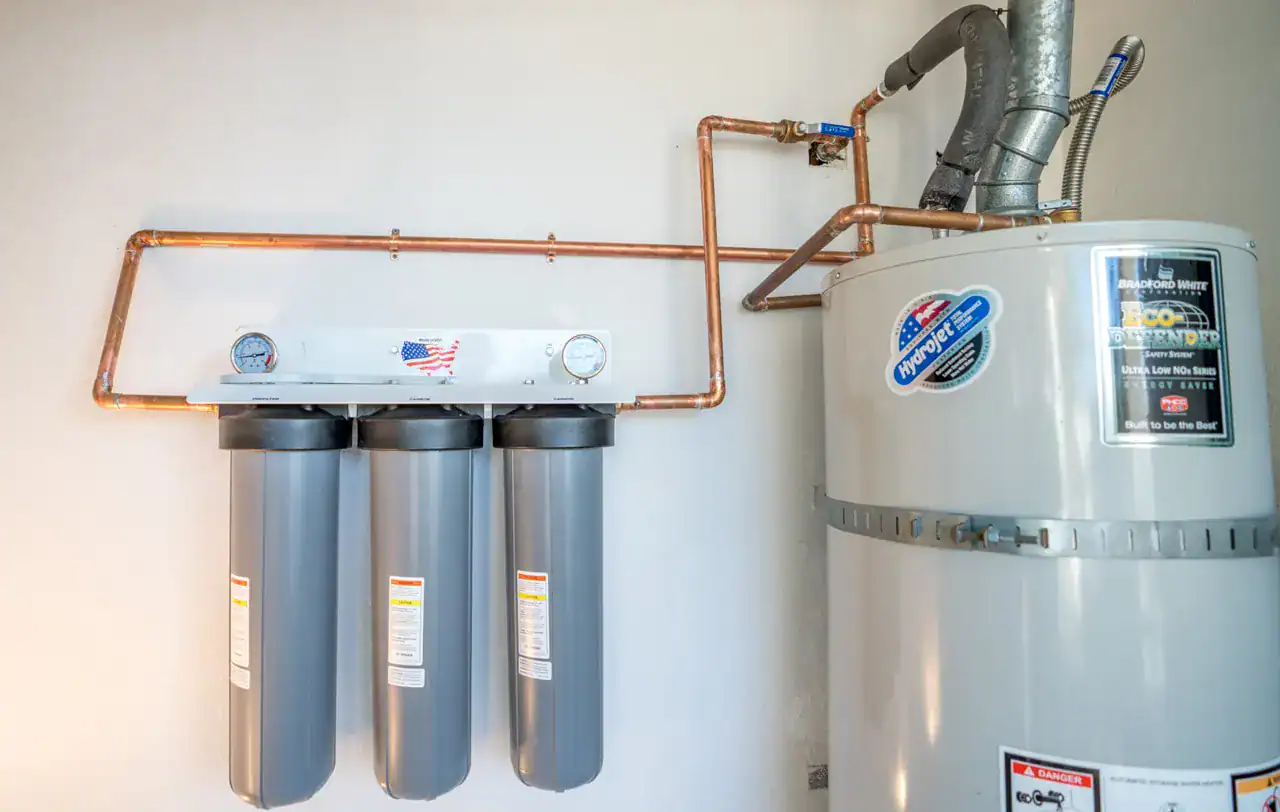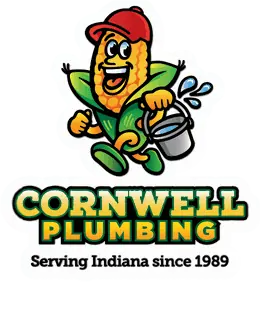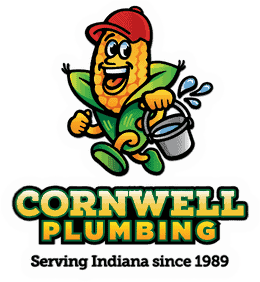
Installing a water softener may seem simple on the surface: buy the unit, hook up a few lines, watch a video or two, and voilà—no more hard water, right? Not quite.
When you’re dealing with a well system, things get a little more complicated. The pressure, flow rate, and quality of your healthy water—all of these factors play a role. And if the installation isn’t done right? You might end up with worse water than when you started.
We’ve handled more than a few calls from folks who tried to set theirs up solo, only to find themselves knee-deep in minerals, leaks, or weird-tasting water. So if you’re planning a water softener installation, or you’ve already gone a few steps in and things feel… off, here are the common mistakes we see and how to avoid them, especially if your system includes a water well.
1. Installing the Softener Before Testing Your Water
This is like buying new shoes without checking your size. Not all well water is the same. You might be dealing with iron, sulfur, manganese, high hardness, or a combo of everything.
Skipping a proper water test means your softener may be undersized, overworked, or totally ineffective. The softener can’t treat what it wasn’t built for. Step one should always be: get your water tested, then size and set up the system accordingly.
2. Wrong Location, Wrong Results
Where you put the softener matters. Install it on the wrong side of the pressure tank, and you’ll either have no water pressure or risk burning out the unit trying to keep up.
We’ve seen softeners shoved into tiny closets with no room to service them, or worse, plumbed into lines that don’t treat the whole house. If it’s not placed correctly in the system, especially after your water well equipment, you’re not softening what you think you are.
3. Poor Drainage Setup
Every softener needs a drain line for the regeneration cycle. If that line is kinked, too long, or placed above the unit without proper air gap protection, you’re asking for either a flood or a code violation.
And if your well system is in a basement or crawl space, poor drainage planning can turn that regeneration cycle into a messy problem. We’ve seen it happen. A drain line routed the wrong way can backflow, leak, or worse—damage the softener itself.
4. Forgetting the Pre-Filter (or Pretending You Don’t Need One)
This one’s a common miss with well water. If you’ve got sediment or visible particles, a softener isn’t designed to handle that. Without a proper sediment pre-filter, those solids get into the softener media and break it down over time.
You wouldn’t vacuum up gravel, right? Same concept here. Protect the softener with a pre-filter so you’re not calling us for water well repair and a new softener a year from now.
5. Bad Programming = Useless Softener
Modern softeners aren’t just plug-and-play—they need to be programmed for your specific water hardness, usage, and regeneration schedule. Most homeowners either leave the factory settings as-is or try to guess their way through setup.
End result? You’re using more salt than you need, or not regenerating often enough to actually treat your water. This is where a professional who knows well systems can save you money and a lot of
head-scratching.
6. Skipping the Bypass Valve or Forgetting to Use It
This one’s especially painful when there’s a leak or issue later on. If you install the unit without a working bypass valve or you don’t know how to use it, simple repairs or maintenance become a full shut-off ordeal.
And with well systems, where water flow is everything, not having a quick way to isolate the softener can knock out water to your entire home. Don’t skip this step. It’s a small part that makes a big difference.
The Water’s Only as Good as the Installation
Even the best water softener won’t do much if it’s installed wrong, especially when there’s a well involved. The water chemistry, flow rate, pressure, and sediment all need to be factored in. When those details get ignored, you end up with a system that underperforms or breaks down way too soon.
If you’re not sure whether your current softener was set up properly, or you’re thinking about installing a new one and want it done right the first time, Cornwell Well Pump and Water Solutions has your back. We specialize in well water systems, and we make sure your softener works the way it should—from day one.
Give us a call if you’re ready for expert help with your water softener installation, or if your water well system is acting up and needs a second look.
Got a Question About Your Well Pump or Water Softener? We're Here to Help!
Whether you're dealing with a tricky well pump issue, or your water softener isn't working as it should, we're just a call away. Reach out to Cornwell Well Pump and Water Solutions, and let our experts provide the answers and solutions you need to keep your water system running smoothly.










